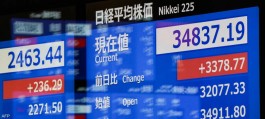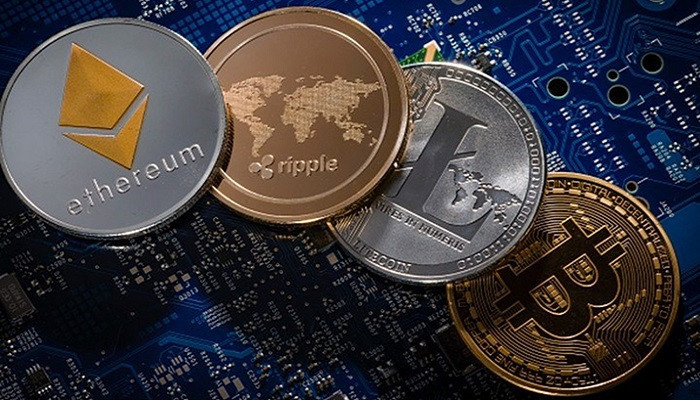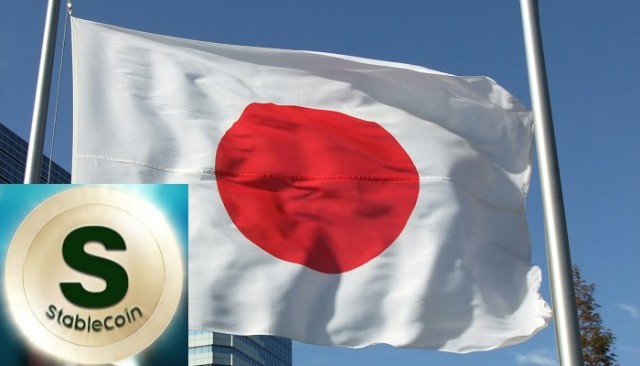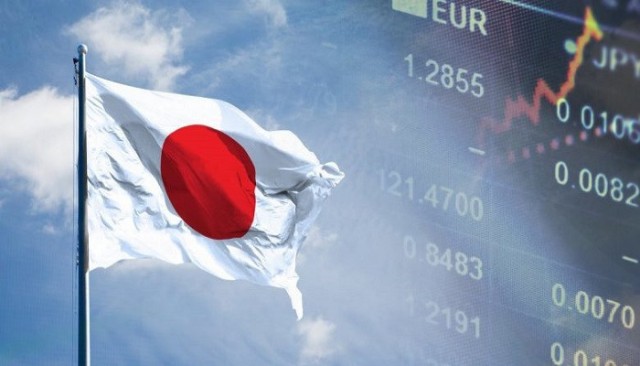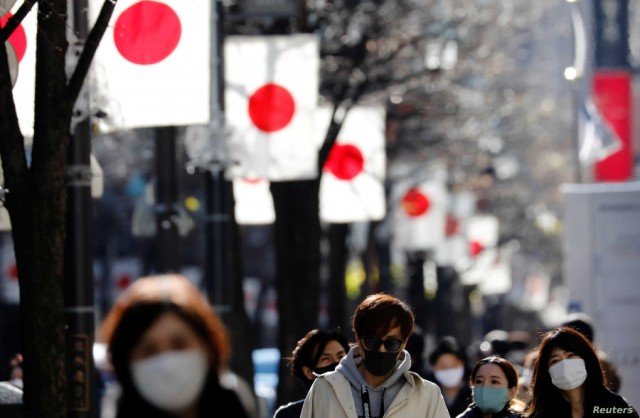Japan's local government and industry experts have said the country's experience of self-regulation in the cryptocurrency industry is not working properly, Cointelegraph reports.
Since 2018, the Japan Virtual Currency Exchange Association (JVCEA), a self-regulatory entity, has been tasked with developing guidelines for the country's cryptocurrency industry, with arguments in That time that the entity could be in a better position to deal with cryptocurrency regulation rather than the structure of government.
However, speaking with the Financial Times on Monday, an unnamed source close to both industry and government said the current model for regulating cryptocurrency is faltering.
The source added: When Japan decided to experiment with self-regulation for the crypto industry, many people around the world said it wouldn't work. Unfortunately, at the moment it seems as if they were right.
The organization was created in response to the $530 million hack of the Coincheck exchange in 2018. It is recognized by the Japanese Financial Services Agency (FSA) and has the ability to pass and implement regulatory frameworks for local cryptocurrency exchanges.
Its members include a long list of top local crypto companies such as Coincheck, BitFlyer, Rakuten, and Liteco, as well as Japanese affiliates of FTX and Coinbase.
Over recent months, the JVCEA has reportedly been blamed by the Japan Financial Services Agency for its slow progress in regulation.
According to the Financial Times, the FSA is said to have highlighted key issues with the JVCEA, including its delays in introducing anti-money laundering (AML) regulations and a lack of Communication between managers, member operators and their secretariat - indicating mismanagement.
The report also noted that the Financial Services Authority had already issued a stern warning to JVCEA in December to arrange its operations and that it was not clear what kind of deliberations the authority was conducting. What is the decision-making process, why was the situation the way it is, and what is the responsibility of the board members.
Japanese Prime Minister Fumio Kishida last June called on the entity to speed up the approval process for listing digital assets on local crypto exchanges, recognizing the need To protect users at the same time.


















